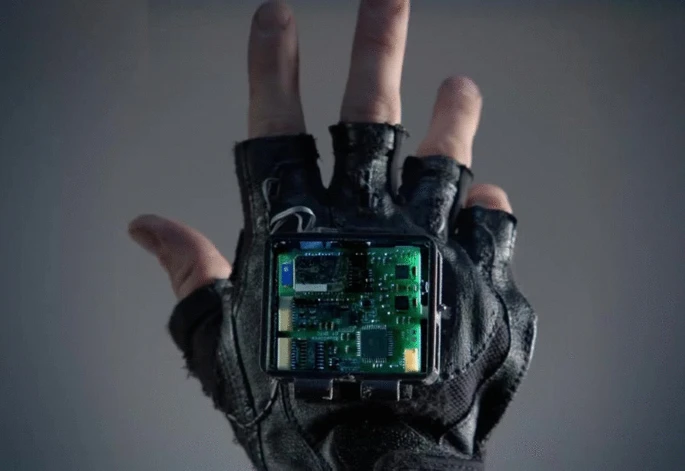Check out our other projects

Scalp EEG-Based Biomarker for Parkinson's Disease
Innovative research project focused on developing a scalp EEG-based biomarker for Parkinson’s Disease (PD). This work has the potential to revolutionize how PD is diagnosed, monitored, and managed, improving patient care and outcomes.

BCI Project 25-26
Are you interested in neurotechnology and brain-computer interfaces (BCIs)? Join this hands-on, interactive project where you’ll explore EEG data, understand brain activity, and apply your knowledge to design your own BCI use case!

BrainBrowsr (BCI 23-24)
BrainBrowsR is a project that enables web browsing through brain signals. It uses SSVEP technology via flickering visual stimuli that generate detectable brain patterns with commercial EEG headsets, specifically designed to help people with extreme paralysis, ALS, or locked-in syndrome access social media and the web.

Closed loop neurostimulation for ALS treatment
Together with Comate, we developed a neurostimulation prototype for ALS patients. This closed-loop system monitors short interval intracortical inhibition (SICI) in the motor cortex as a feedback marker - when inhibition levels are low (common in ALS), stimulation continues; otherwise, stimulation pauses. Through this stimulation, we can potentially slowi motor neuron degeneration.

Mindwitcher (BCI 24-25)
TheMindWitcher is an open-source project that combines brain-computer interface (BCI) technology with gaming. It allows players to control aspects of The Witcher 3 video game using their brain signals through EEG (electroencephalogram) headsets, bringing a new dimension to gaming through mental commands and neural feedback.

Neurotech X 2024 competition
Each year NTX organizes its famous NTX Student Club Competition in which NeuroTech Leuven will compete against 25+ student clubs world wide.

Non-invasive vibrostimulation for Parkinson
This research project explores vibrotactile stimulation as a non-invasive alternative to deep brain stimulation for Parkinson's disease patients. We aim to leverage the connection between fingertips and the brain by using mechanical vibrations to stimulate brain activity, which can significantly reduce Parkinson's symptoms.
.png)
Quantifying olfactory dysfunction in Parkinson's disease
Our project targets olfactory loss affecting 75% of early Parkinson's patients, using a custom "factoter" smell delivery system combined with EEG and fNIR brain imaging. The collected data is processed with AI to distinguish Parkinson's from other causes of smell loss to enable routine early diagnosis in GP offices, detecting the disease before severe motor symptoms appear.